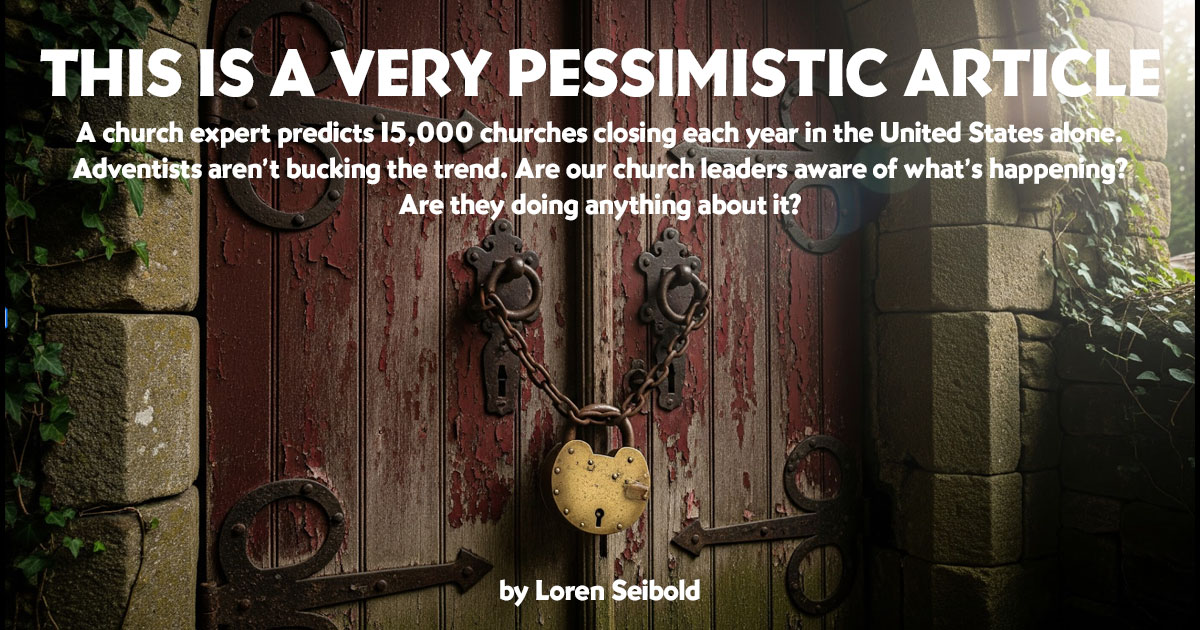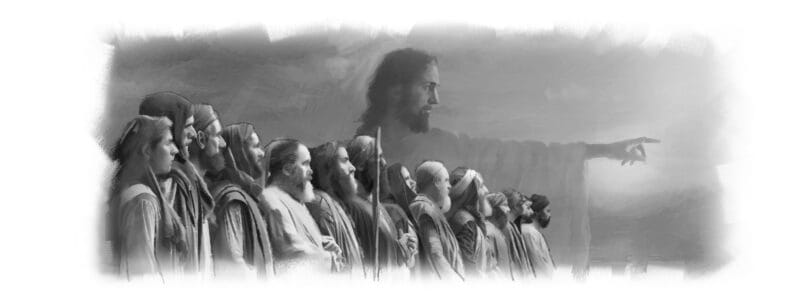“They took my Bible. Then I heard: 115. The Holy Spirit reminded me—it’s the hymn: ‘Give Me the Bible.’”👉 Type "episode" to get the full video in your DMs. Source: https://www.youtube.com/shorts/CX886OyMntc
December 19, 2025: Air tragedy relief, historic fires mobilize aid and more global news
In this retrospective episode of ANN, historic fires in the United States mobilize volunteers and faith communities. In Switzerland, an Adventist education model gains national recognition for its holistic approach. Plus, more than 700 people made a public decision for Christ in Peru, following the “There is Still Hope” evangelistic event. Stay tuned as ANN brings everything you need to know about what is happening in the church worldwide. For a deeper dive into these headlines, visit https://www.adventist.news ANN is the official news channel of the Seventh-day Adventist Church. Follow ANN on social media!
WhatsApp: https://www.whatsapp.com/channel/0029Vap6xVnLSmbezxbMpa18 Instagram: https://www.instagram.com/adventistnews/ Facebook: https://www.facebook.com/AdventistNews X: https://x.com/adventistnews Source: https://www.youtube.com/watch?v=M7Tqx0ZMwBc
ADRA Insider Video Podcast – December 2025
Welcome to the ADRA Insider, now returning as a Video Podcast! In this first episode we are introduced to Lyle Notice, the Philanthropy & Marketing Associate Director for ADRA Canada. In this episode Lyle and Frank Spangler tackle some of the big questions some of our supporters have been asking in 2025. Questions like: Does ADRA Canada take funding from the UN? Does ADRA Canada take directives from the UN? Does ADRA Canada get the NGO Status from the UN? Does ADRA take money from the government? Why doesn't ADRA evangelize? How much of my donation actually gets out to the people? Please join us as we discuss these important questions! Source: https://www.youtube.com/watch?v=e__LkFz37iM
Sabbath: Choose This Day!
Daily Lesson for Sabbath 20th of December 2025
Read for This Week’s Study: Joshua 24:1-33; Genesis 12:7; Deuteronomy 17:19; Deuteronomy 5:6; 1 Kings 11:2,4,9; 2 Timothy 4:7-8.
Memory Text: “ ‘And if it seems evil to you to serve the Lord, choose for yourselves this day whom you will serve. . . . But as for me and my house, we will serve the Lord’ ” (Joshua 24:15, NKJV).
The final chapter of Joshua is set in the context of a covenant renewal ceremony, but this time conducted by the aged leader of Israel. Although not a covenant itself but rather a report of a covenant renewal ceremony, the chapter has the elements of ancient Near Eastern suzerainty treaties: (1) a preamble in which the suzerain, the initiator of the treaty, is identified; (2) the historical prologue, which describes the relationship between the overlord and the vassal; (3) the covenant stipulations asking the vassal to manifest total allegiance to the suzerain based on, and motivated by, gratitude; (4) blessings for obedience and curses for breaking the covenant; (5) witnesses to the pledge of the vassal; (6) deposition of the document for future reading; and (7) ratification of the covenant.
Joshua is close to the end of his life; no replacement is on the horizon. The covenant renewal is a reminder to the Israelites that their king is Yahweh Himself and that, if they remain loyal to Him, they will enjoy His protection. Israel does not need a human king. As a theocratic nation, they have to ever keep in mind that their only king is the Lord.
*Study this week’s lesson to prepare for Sabbath, December 27.
This Is a Very Pessimistic Article

by Loren Seibold | 19 December 2025 | Before I retired, I was the pastor of six (not all at the same time) small churches in southeastern Ohio. It wasn’t uncommon in some to have ten people in worship. Sometimes I played the piano—not because I’m a good pianist, but because no one else could […] Source: https://atoday.org/this-is-a-very-pessimistic-article/
- « Previous Page
- 1
- …
- 177
- 178
- 179
- 180
- 181
- …
- 8283
- Next Page »

